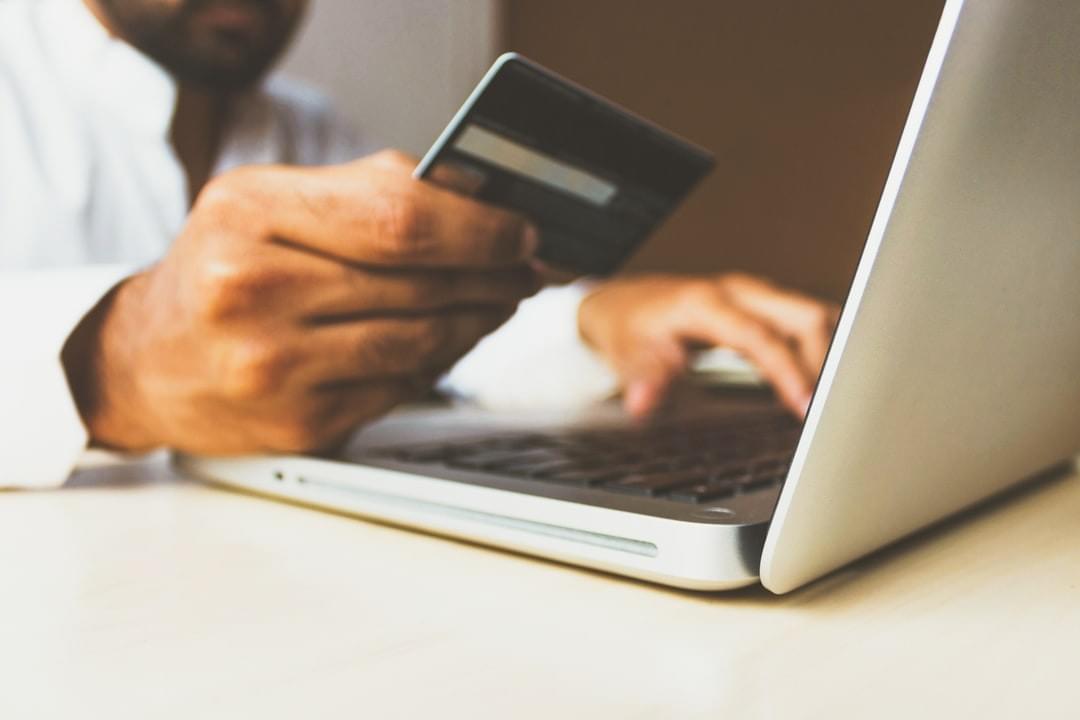
A digital wallet, sometimes called a virtual wallet, is a secure electronic device, internet service, or software application that enables one party to exchange digital currency units for physical goods and services by establishing a secure connection between their computer and Internet Service Provider (ISP). It is often bundled together with other hardware such as credit cards, remote access software, wireless phones, and data cards. This "virtual" wallet contains a large amount of personal information and other pertinent data that enables authorized users to access a limited amount of funds in the form of credit or debit cards. A user can use his or her card to purchase goods from a local retailer, download applications and games, pay bills online, transfer funds from the bank, or make any other in-body transaction that requires a card. A merchant is usually paid a fee by the buyer or a service provider for facilitating this in-body transaction. Visit this website for details on this digital wallet.
Digital wallets allow users to transact in real time via their computers rather than relying on traditional methods of money transfer that involve the sale of physical products. Transactions are completed both through secured online transactions and through manual hand-in-hand exchanges between retailers and buyers. Retailers can specify the requirements for digital wallet transactions and customers can determine the best payment option for them based on their preferences. Retailers and buyers enjoy instant online reports that track the status of all transactions, making it easier for them to understand payments and monitor spending patterns.
Digital wallets allow both parties to transact in real time. Retailers that accept payments cards and other types of payments, such as payments made through mobile devices, can take advantage of this feature and allow their customers to pay via their cards or other electronic devices. Consumers can transact securely while at the comfort of their homes without worrying about extra fees. Electronic devices provide additional protection for consumers, especially individuals who may be more vulnerable to fraud and theft.
A digital wallet app can be downloaded onto a smartphone via a software download. Upon installation, the user can design and customize his or her digital wallet to include any number of payment options, which include Paypal, Google checkout, Amazon payments and other top mobile payment options. In some cases, the app is designed to prompt the user when it is time to complete a transaction and print out a receipt, which can then be attached to a piece of paper or stored in the user's phone memory. If a payment is rejected, the app can return payment information in an email message, which the consumer can then print out and send to the merchant. Yo can find out more about this digital wallets.
Retailers can take advantage of mobile coupons by displaying them on digital wallet websites. The customer scans a code provided on the website, which matches the discount he is trying to purchase. The code is then sent to the electronic device of the buyer, who can then complete the transaction online. This process is not only convenient; it also provides an opportunity for retailers to collect valuable data about their customers, such as age and gender, which helps them to develop meaningful marketing campaigns. Mobile coupons may also be used in combination with online service, such as the ability to track customer shopping habits across multiple stores, and to generate coupons custom to each individual customer. To understand this article well, click here: https://en.wikipedia.org/wiki/Financial_literacy.